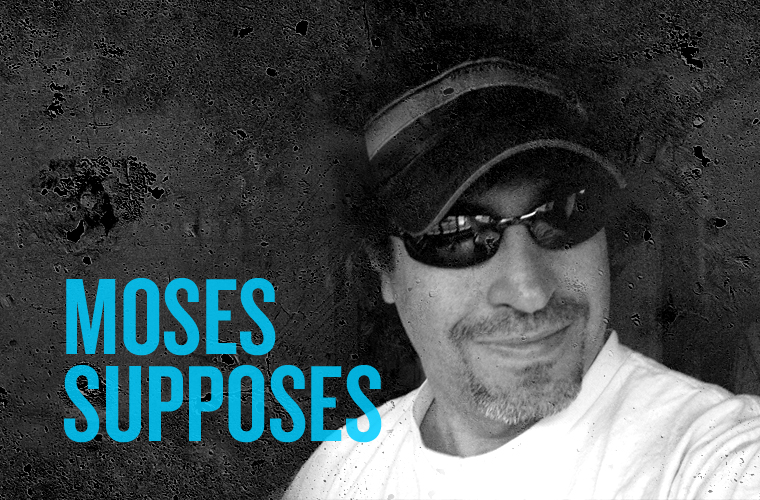Why Have ISPs Changed Their Position?
It’s not hard to figure out. Movie- and music-content delivery takes big bandwidth. So why should Netflix pay fees for streaming a movie when you or I can send an E-mail for free? ISP answer: because they can afford it, it’s essential to their business model, and they can afford it. Oh, I said that already.
But it can be hard to make clients out of the people you have been victimizing for a decade or so. So now ISPs have started to make deals with their new BFFs, content companies — specifically record companies — and because of this, ISPs have developed a greater interest in protecting copyrights over helping others “trade” them.
You cannot charge for a toll road if you’re not going to police the bandits hiding in the bushes. Right?
But you can try to play both ends against the middle and say things like, “We’re doing the best we can to help you catch these terrible P2P people (who are also our clients), but we can’t find them, but if you keep paying us, we’ll help catch the really, really nasty ones.”
From this logic you get the so-called “three strikes,” or as it’s actually called, the Graduated Response Program, which gives illegal P2P file-sharers who “trade” music three warnings before they get their service permanently turned off.
Music companies, beleaguered and somewhat brow-beaten by the public, have caved to these crappy compromises. They don’t have much choice. But their big-brother movie companies have not. They are not lining up to make deals with the Internet gods because they see the writing on the wall: once you let them charge a toll, the toll will only go up over time.
Haven’t the movie studios learned anything from the past 10 years? Not really. You cannot negotiate with God. Movie companies know this, but the problem is, the studios think they are God.
Film studios arrogantly feel that their content costs more to make, earns more revenue, and therefore can garnish better leverage in deal-making. Boy, are they wrong. They are forgetting that all data looks the same to the pipes. Movies and music all break down to ones and zeros. As processing speeds increase, it will soon be just as fast / easy to download a full-length movie as it was to download an MP3 in 2005. Where will their leverage be then? In the P2P toilet.
Who Will Prevail?
It’s anyone’s guess right now, but it could depend on people like you, reading articles like this, and the decisions made thereafter.
If more alliances form between ISPs and media creators, it will increase ISP interest in protecting copyrights. Then you’ll begin to see high-profile arrests and stronger penalties for trading music and movies. In theory, music revenue will start to climb back up from its tortured 2005 position. But it may not for reasons I give at the end of the this piece.
But if content companies resist giving into the force that has plotted to weaken their grip on distribution for the past decade, then the war continues. You’ll see more two-faced arguments like net neutrality that delays a resolution. So far, history shows that the long war favors the ISPs. They can hold out and grow stronger while content revenues shrink.
Can You Have It Both Ways?
You cannot have it both ways. Even though the ISPs are spending millions in legal fees to try and end up with 1) an unregulated Internet that also allows them to 2) charge different rates but 3) does not take any responsibility for infringement, they know in their hearts that they are not going to win all three points.
A likely outcome will be a two-tiered system, one that is free and unfettered and one that is “for pay.” And guess what? We sort of already have that.
In my cable/Internet package, I can pay extra for higher speed. While this does not affect the Internet content I receive, only the speed at which it will stream, let’s not kid ourselves: we are only a megabyte away from that option. “High-speed content” it will be called, or “HD content,” available only to those with TimeWarner Deluxe, or some such pitch. It’s coming folks, and there is no stopping it. We might be able to regulate it. But should we?

